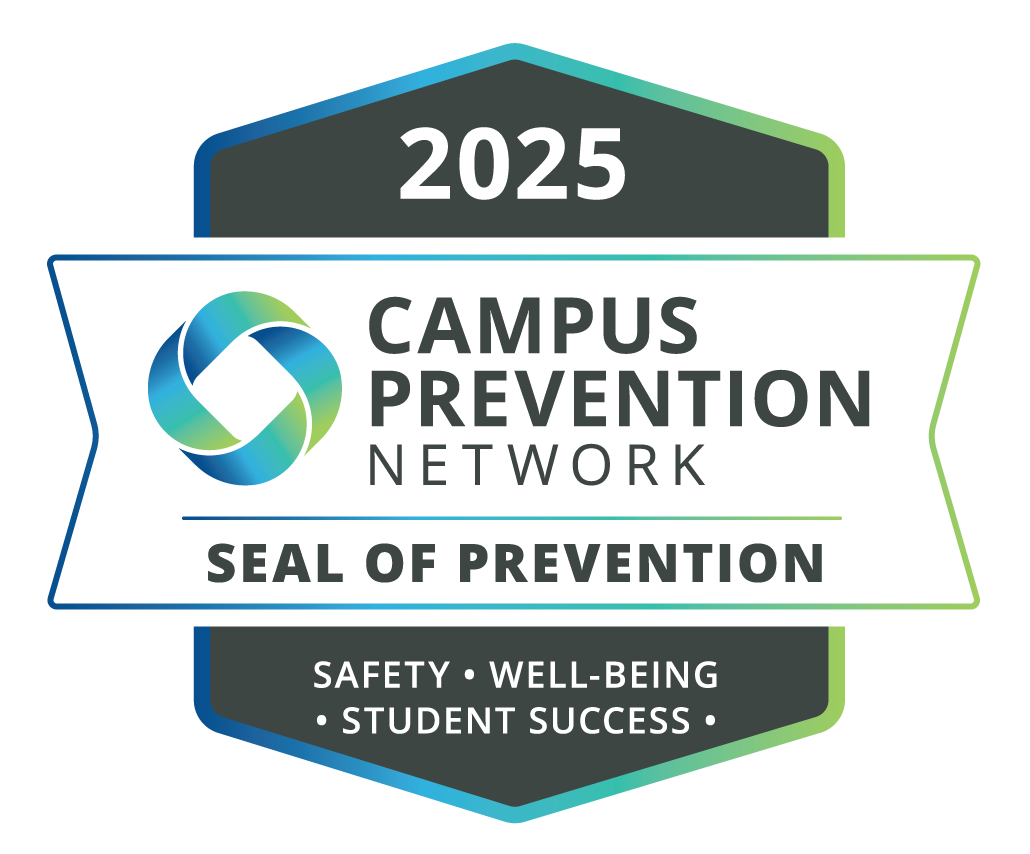Counseling Center: Outreach
 The RMU Counseling Center believes that education and outreach have the potential to empower and resource individuals to take ownership of their mental health. We know that this journey is deeply personal and never complete. Our goal is to educate, support, and connect students to mental health resources.
The RMU Counseling Center believes that education and outreach have the potential to empower and resource individuals to take ownership of their mental health. We know that this journey is deeply personal and never complete. Our goal is to educate, support, and connect students to mental health resources.
Please follow us on social media for up-to-date information about campus outreach programs and events focused on mental health and wellness.
- Thrive Instagram: @RMU_THRIVE
- Counseling Center Instagram: @RMU_COUNSELING
- Facebook: RMU Counseling Center
Educational Programs and Workshops
We provide outreach (through workshops, presentations, tabling, panels, etc.) for student groups, faculty, and staff on important topics for student well-being. We have a variety of educational programs and workshops, but can also create customized outreach specifically for the unique needs of your group.
Examples of educational programs and workshops include:
- An overview of the RMU Counseling Center/Thrive
- Alcohol, Drugs, and Substance Abuse
- Sexual Violence/Bystander Intervention
- General Wellness
- Healthy Relationships
- Stress Management and Resilience
- Performance Anxiety/Test Anxiety
- Suicide Prevention
Collaborating on an Outreach Initiative
If your office or campus organization would like to collaborate with the Counseling Center on an outreach initiative (i.e. suicide prevention, mental health awareness, sexual assault prevention and awareness, alcohol awareness, etc.), please email counseling@rmu.edu or call (412) 397-5900.
THRIVE
The Thrive program works with the Campus Wellness Team to develop and implement educational and awareness programming focused on college student health and wellbeing. Our dynamic team is passionate about championing the mental, physical, social, spiritual, and intellectual wellbeing of the University community. Thrive Leaders deliver peer-led educational outreach efforts that raise awareness and lend support around various wellness related topics and issues. Thrive Leaders have the unique opportunity to serve as the “front line” for our Campus Wellness unit- engaging with the University community, promoting holistic wellness as a lifestyle, and inspiring others to take charge of their personal health and wellbeing.
Please contact Meg Spierto at spierto@rmu.edu or (412) 397-5900 for more information.
